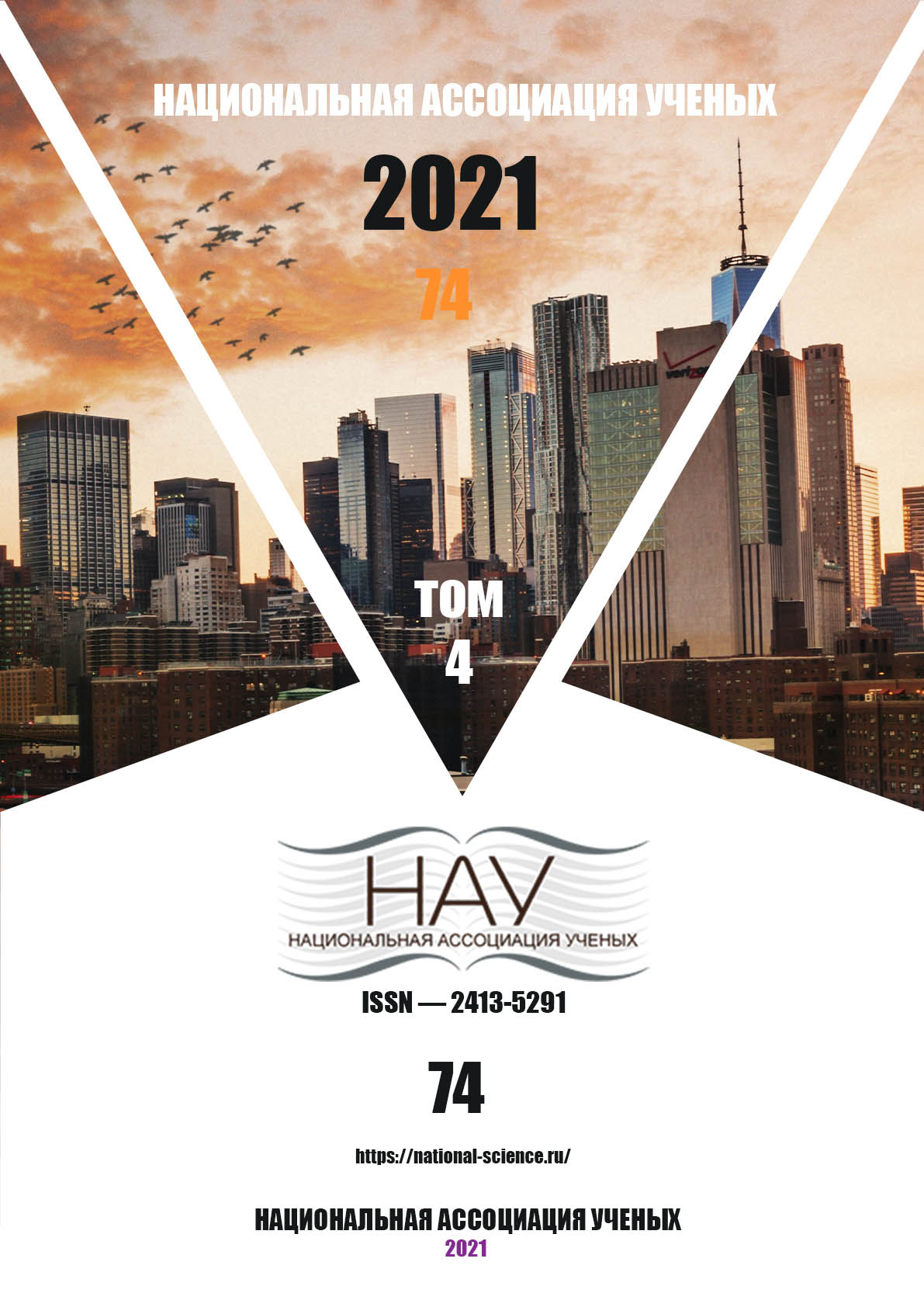PROBLEMS OF COMMUNICATION BETWEEN OLDER PRE-SCHOOL CHILDREN AND THEIR PEERS (THEORETICAL ASPECT)
Keywords:
communication; interaction with peers; senior preschool age; communication problems; conflicts.Abstract
Harmonious relationships with other children are a prerequisite for the psychological and emotional development of the child. However, children often have difficulties in communicating with their peers, and preschool age is most favorable for the formation of readiness to resolve contradictions. In this article, the main problems of communication between older preschoolers and their peers are considered in our opinion, methods of diagnosing and helping children to solve these problems are proposed.
References
Bozhovich L.I. Lichnost' i ee formirovanie v detskom vozraste: monogr./ L.I. Bozhovich. – Sankt-Peterburg : Piter, 2009. – 400 s.
Gorjanina V.A. Psihologija obshhenija: ucheb. posobie dlja stud. vyssh. ucheb. zavedenij; 2-e izd. / V.A. Gorjanina. – Moskva: Akademija, 2004. – 416 s.
Kosheleva A.D. Jemocional'noe razvitie doshkol'nika: ucheb.posobie dlja stud. vyssh. ped. ucheb. zavedenij / A.D. Kosheleva, V.I. Pereguda, O.A. Shagraeva. – Moskva : Akademija, 2003. – 98 s.
Kuznecov I.N. Delovoe obshhenie: uchebnoe posobie / I.N. Kuznecov. – Moskva: Dashkov i K, 2018. – 550 s.
Leont'ev A.N. Dejatel'nost' i obshhenie / A.N. Leont'ev // Voprosy filosofii. – 1999. – №1 – 72 s.
Lisina M.I. Formirovanie lichnosti rebenka v obshhenii 2-e izd., pererab. i dop / M.I. Lisina. – Sankt-Peterburg : Piter, 2009. – 276 s.
Muhina B.C. Vozrastnaja psihologija: detstvo, otrochestvo, junost': Hrestomatija: ucheb. posobie dlja studentov, obuchajushhihsja po ped. spec. / V.S. Muhina, A.A. Hvostov. – Moskva: Akademija, 2008. – 624 s.
Repina T.A. Social'no-psihologicheskaja harakteristika gruppy detskogo sada / T.A. Repina – Moskva : Pedagogika, 1988. - 307 s.
Downloads
Published
Issue
Section
License

This work is licensed under a Creative Commons Attribution-NoDerivatives 4.0 International License.
CC BY-ND
A work licensed in this way allows the following:
1. The freedom to use and perform the work: The licensee must be allowed to make any use, private or public, of the work.
2. The freedom to study the work and apply the information: The licensee must be allowed to examine the work and to use the knowledge gained from the work in any way. The license may not, for example, restrict "reverse engineering."
2. The freedom to redistribute copies: Copies may be sold, swapped or given away for free, in the same form as the original.





